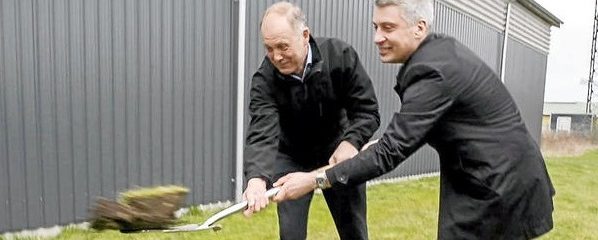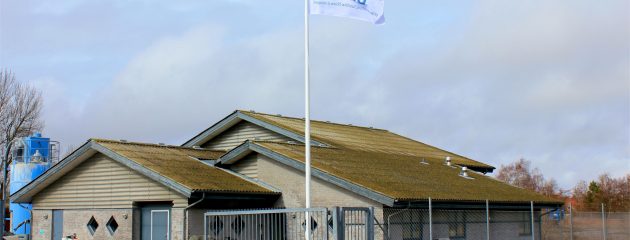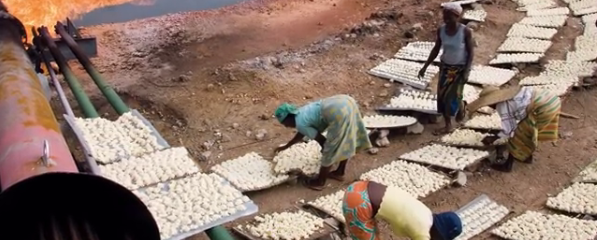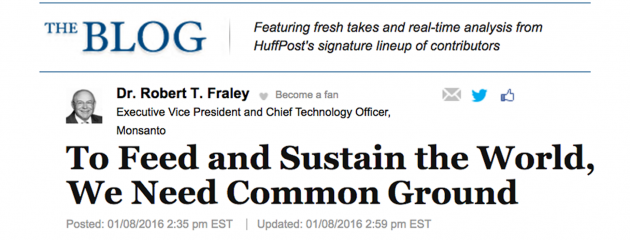
PRESS RELEASE: UNIBIO COMPLETES COMMERCIAL PLANT IN DENMARK AND ENTERS COMMERCIAL PHASE
HRH Prince Joachim of Denmark to preside over the official grand opening of plant
(Copenhagen, Denmark, 31 October 2016): Unibio (“Unibio” or “the Group”), a biotech company with the most advanced technology producing single cell protein from natural gas, is pleased to announce the opening of the world’s first commercial U-Loop fermentation production facility with a capacity to produce up to 80 tonnes of UniProtein®, its proprietary single cell protein, per year. The Company is also honoured that, His Royal Highness Prince Joachim of Denmark, will be officially opening its plant in Kalundborg, Denmark on the 21st November 2016.












